With summer fully underway, there is no better time to break out the grill and enjoy the company of friends and family. You might have a few drinks, too, as you enjoy a relaxing evening. If you drive home, though, you might find yourself behind bars and facing charges of a DUI. According to the Center for Disease Control, between 1.4 and 2 percent of adults in Indiana and Kentucky admit to driving after they have drunk too much.
When you get pulled over, the law enforcement officer will typically ask you to complete one or more field sobriety tests. Unfortunately, however, these tests are not always accurate. The following three are some of the most common tests and the issues with them.
Horizontal gaze nystagmus
Authorities use the horizontal gaze nystagmus test to gauge a suspect’s ability to visually track a moving object. The eye naturally jerks when one looks to the side, but this is typically exaggerated when someone has been drinking. There are many other issues that can cause an exaggerated response, though, and it is entirely subjective how much nystagmus is normal for each person.
One leg stand
As the name suggests, the one leg stand test entails standing on a single leg and holding the position until the officer commands otherwise. Typically, this lasts about 30 seconds, but many people are not able to satisfy this requirement even when they are completely sober. This test discriminates against people with certain disabilities and physical afflictions.
Walk and turn
This is the field sobriety test many people are most familiar with. In it, an officer instructs the subject to walk heel-to-toe in a straight line without using the arms for balance. Just as with the one leg stand test, however, it is unfair to people who have certain physical limitations. The police can also fail a suspect simply for taking a step that is too long, too short or lifting the arms slightly.

